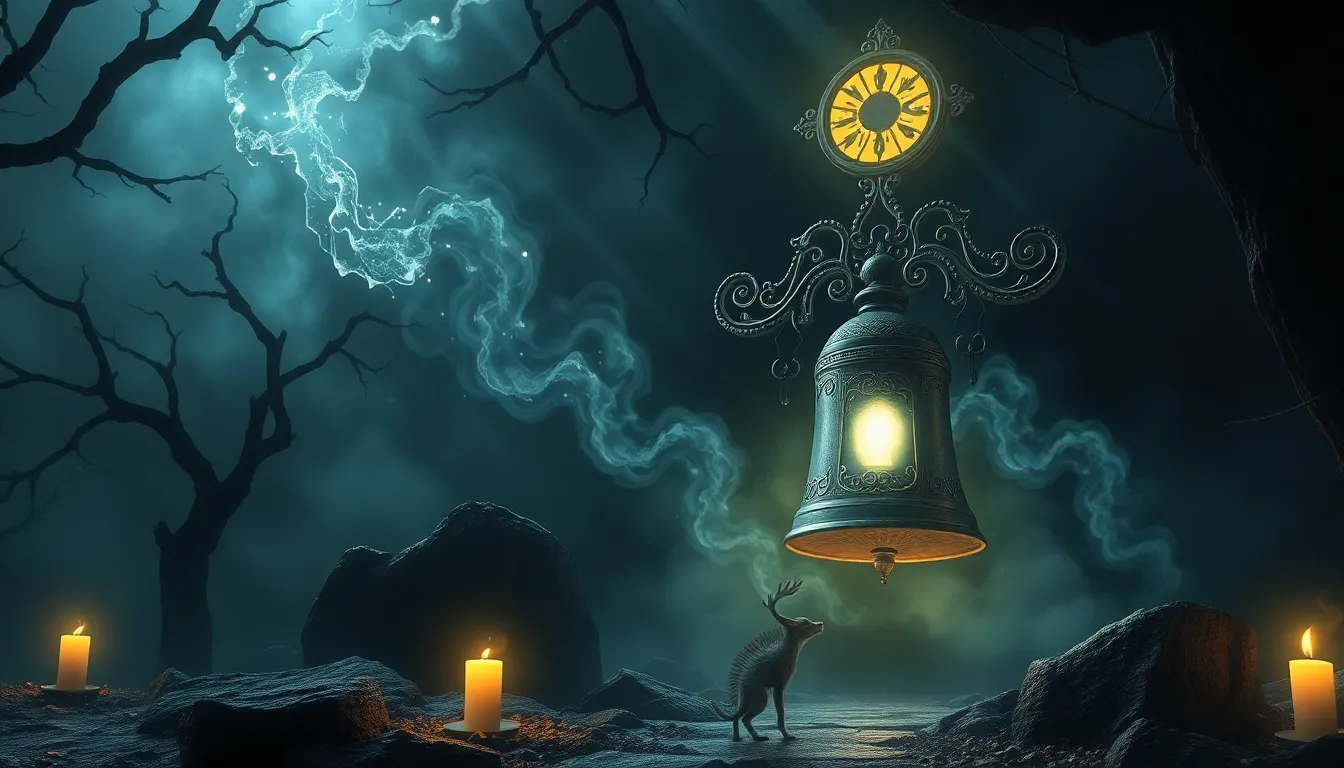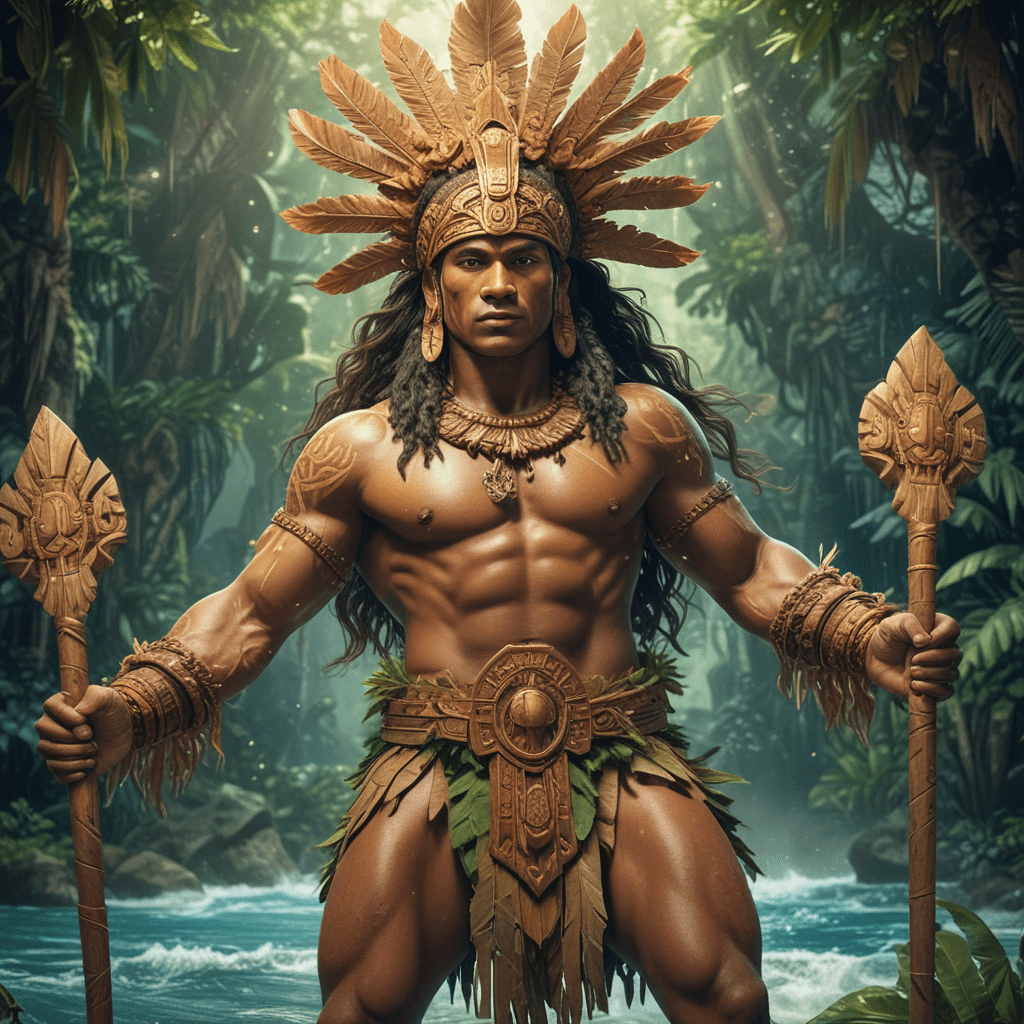Moral Myths and the Nature of Wisdom: Lessons from Legends
Introduction
Moral myths are narratives that communicate ethical principles and moral lessons through storytelling. They play a significant role in shaping cultural values and guiding behavior. The relationship between wisdom and these moral lessons is intricate, as legends often reflect the complexities of human experience and the pursuit of understanding. The purpose of this article is to explore moral myths, the nature of wisdom, and how legends serve as vessels for imparting valuable life lessons.
Understanding Moral Myths
Moral myths can be defined as stories that convey moral truths through allegorical means. They often feature archetypal characters and situations that illustrate ethical dilemmas. Characteristics of moral myths include:
- Timeless themes that resonate across generations.
- Universal characters that embody certain virtues or vices.
- Lessons that are intended to guide behavior and decision-making.
Historically, moral myths have served as essential components of cultural identity and social cohesion. From ancient civilizations to modern societies, these tales have been passed down through oral traditions and written texts. Examples of common moral myths include:
- The story of the Good Samaritan (Christianity)
- The Tortoise and the Hare (Aesop’s Fables)
- The Boy Who Cried Wolf (various cultures)
The Nature of Wisdom
Wisdom is a multifaceted concept that encompasses knowledge, experience, and insight. While knowledge refers to the accumulation of facts and information, and intelligence pertains to the ability to apply that knowledge effectively, wisdom transcends both. It involves a deeper understanding of life and the ability to make sound judgments based on that understanding.
The cultivation of wisdom is often rooted in experience and reflection. It requires individuals to learn from their experiences and the experiences of others, fostering a sense of empathy and understanding. Wisdom is not merely about knowing what is right or wrong; it is about comprehending the nuances and complexities of human existence.
Legends as Vessels of Moral Lessons
Legends are narratives that often blend historical facts with mythical elements. They convey moral truths and ethical dilemmas, serving as a mirror for societal values. Through engaging storytelling, legends facilitate the understanding of complex moral issues.
The interplay between narrative and moral instruction is vital. Legends often present characters facing ethical challenges, allowing audiences to explore the consequences of choices and actions. This narrative framework helps individuals internalize moral lessons, making them more relatable and impactful.
Case Studies of Legends and Their Moral Lessons
To illustrate the importance of moral lessons in legends, we can analyze a few notable examples:
- Aesop’s Fables: These short tales convey straightforward moral lessons. For instance, “The Tortoise and the Hare” teaches the value of perseverance over arrogance.
- Native American Tales: Stories such as “The Story of Coyote” often emphasize respect for nature and the interconnectedness of all living beings, showcasing the moral lesson of humility.
- The Buddha’s Jataka Tales: These stories recount the previous lives of the Buddha, illustrating virtues like compassion, generosity, and self-sacrifice.
These legends provide insights that resonate with contemporary ethical challenges, encouraging reflection on personal values and societal norms.
The Role of Archetypes in Moral Myths
Archetypes are recurring symbols or motifs in literature and folklore that embody universal human experiences. They play a significant role in moral myths by providing familiar frameworks through which audiences can understand complex moral concepts. Examples of archetypes include:
- The Hero: Represents courage and the journey toward self-discovery.
- The Mentor: Symbolizes wisdom and guidance.
- The Trickster: Challenges conventions and highlights moral ambiguity.
The psychological impact of archetypes on wisdom acquisition is profound. They allow individuals to relate their personal experiences to broader human narratives, facilitating a deeper understanding of their own moral journeys.
Cultural Variations in Moral Myths
Moral myths vary significantly across cultures, shaped by historical, social, and environmental contexts. Comparing these myths can shed light on how different societies interpret wisdom and morality. For instance:
- In Western cultures, myths often emphasize individualism and personal achievement, whereas Eastern cultures may focus on community and familial obligations.
- Stories from African folklore frequently highlight the importance of communal responsibility and respect for elders.
This cultural context influences how wisdom is perceived and conveyed, with each culture offering unique lessons that reflect its values and beliefs.
Critiques of Moral Myths and Their Limitations
While moral myths offer valuable insights, they are not without their critiques. Some potential downsides include:
- Oversimplification: Moral myths can sometimes reduce complex issues to binary choices, failing to capture the nuances of real-life situations.
- Misinterpretation: The intended lessons may be misunderstood or misapplied, leading to misguided beliefs.
- Modernity’s Influence: The rise of technology and globalization has changed the way moral narratives are shared and understood, sometimes diluting their impact.
Applying Lessons from Legends in Modern Life
Integrating lessons from moral myths into daily decision-making can enhance personal and societal ethics. Strategies for doing so include:
- Engaging with stories that resonate personally, allowing for deeper reflection.
- Encouraging discussions about moral dilemmas in educational settings.
- Practicing empathy by considering different perspectives illustrated in legends.
The relevance of wisdom in addressing contemporary ethical dilemmas is crucial. By learning from legends, individuals can develop critical thinking skills and foster a greater understanding of their own values.
Conclusion
In summary, moral myths and legends offer profound insights into the nature of wisdom and ethical behavior. They serve as enduring narratives that shape our moral consciousness and provide guidance for navigating life’s challenges. As we embrace the lessons of the past, we can cultivate a deeper understanding of wisdom, enriching our lives and those of future generations.



